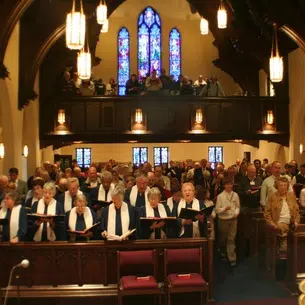By Nate Raymond
BOSTON (Reuters) – The fight over the status of Uber Technologies and Lyft ride-share drivers entered a new phase on Wednesday, as an industry-backed group and a labor union proposed letting Massachusetts voters decide whether their workers in the state should be treated as independent contractors or allowed to unionize.
Flexibility and Benefits for Massachusetts Drivers, a group whose top contributors include Uber, Lyft and DoorDash, filed a proposed ballot question that would ask voters to declare the companies’ drivers are not employees, but independent contractors entitled to minimum benefits.
The proposal would establish an earnings floor equal to 120% of the state’s minimum wage for app-based drivers, or $18 an hour in 2023 before tips. Drivers would also receive healthcare stipends, occupational accident insurance and paid sick time.
The question closely mirrors an earlier 2022 ballot measure that Massachusetts’ top court blocked from going forward, saying it went too far by including an unrelated proposal that would limit the companies’ liability for accidents by their drivers.
The ballot measure’s supporters say that to address the “technical questions” the court raised, its backers submitted multiple options with the office of Massachusetts Attorney General Andrea Campbell, a Democrat who must certify whether the proposed question meets state constitutional requirements.
Labor activists will fight that proposal, including a union that on Wednesday filed its own competing ballot question with Campbell’s office that asks voters to grant drivers the right to unionize.
SEIU Local 32BJ, the union, called it a first-in-the-nation initiative that would allow drivers to choose a union and bargain working conditions and compensation collectively.
“The best antidote to unchecked corporate greed and rising inequality is building worker power through a union,” Roxana Rivera, the head of the union in Massachusetts, said in a statement.
The industry-backed proposal follows a similar 2020 measure in California, where the companies persuaded state voters to solidify ride-hail and food delivery workers’ status as independent contractors with some benefits.
A California judge 2021 ruled that the measure, Proposition 22, violated the state’s constitution. But a state appeals court in March revived the measure, a major victory for the industry.
(Reporting by Nate Raymond in Boston; Editing by David Gregorio)




